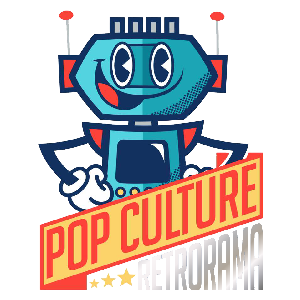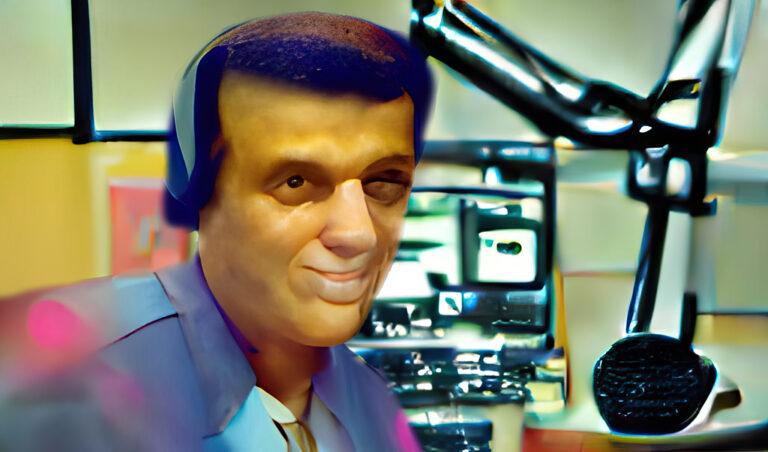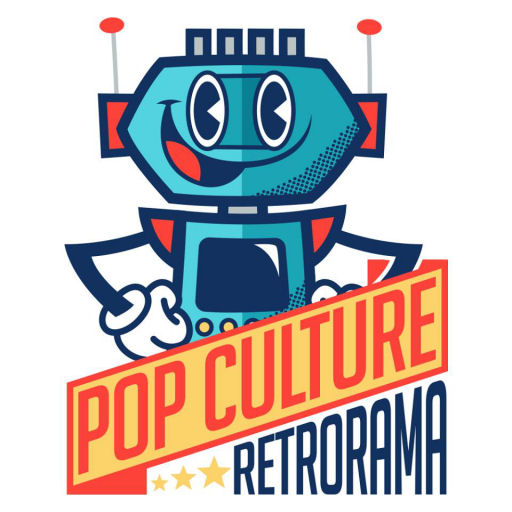A patron is someone who gives money or some other type of support directly to a person, organization, cause, or activity. A patron of the arts supports what in modern times are called content creators, which are creative entrepreneurs comprised of authors, poets, artists, musicians, podcasters, YouTubers, and the like.
In 2013, a membership platform called Patreon was co-founded in San Francisco by developer Sam Yam and musician Jack Conte, who was looking for a way to make a living from his popular YouTube videos. The platform, which keeps a relatively small percentage of each transaction, lets patrons donate to a creator each month—sort of like a subscription service—based on the tiers that said creator has set up. In most cases, the more money you donate, the more content you get, up to a point.

Patreon is important for countless creators because it has become very difficult to make money in the creative arts. It’s always been hard, but there are special challenges that come with modernity, including a very crowded field. Also, with so much content available for free online, sales of physical media is down, so authors typically don’t get as much money for the books they write, and even many popular musicians have a tougher time selling their albums.
YouTubers in particular have been hit hard in the past couple of years. Not only is there more competition than ever, the platform changed its rules in 2017 and 2018. The eligibility requirement for monetization (putting ads on your channel where you get paid) is now 4,000 hours of watch-time within the past 12 months and 1,000 subscribers. This makes it difficult for smaller channels to generate any revenue at all.
A number of creators in the field of antiques use Patreon, including, for example, a podcasting outfit called Antique Freaks. For a buck a month, you get access to deleted scenes. For $5 per month, you receive a random vintage postcard each month. If you’re a huge fan of the show, you can kick in $150 every month, and they will build a monthly episode around the topics of your choice.
Other creators offer such Patreon supporter rewards as early access to videos and songs, exclusive articles or videos, digital books, advance chapters of books, private Discord chats, shout-outs during videos, behind-the-scenes photos and info, and any number of other perks, including greater access in general to the creator. Some of the more sought-after rewards are physical items, such as T-shirts with the name of the creator or their product, podcast, or YouTube channel.
Jason Lindsey, host of the popular Metal Jesus Rocks YouTube channel, will make you an official member of the Metal Jesus Metal Militia, which comes with a special challenge coin, if you join the $10 tier of his Patreon.

I recently set up a Patreon account to help support my creative endeavors, and I discovered first-hand that Patreon is a controversial topic. I already knew there were some consumers who are vehemently opposed to Patreon, calling it “e-begging,” but I didn’t realize just how bad it had gotten. Shortly after posting about my Patreon page on social media, I was called a beggar, a loser, and various words not fit for a family newspaper, and several people unsubscribed to my YouTube channel.
To me, Patreon is simple commerce. You offer a product or service, and people can choose to purchase or pass on it. If what you offer is in demand, and you market it properly, you will likely be successful. But some people seem to think that creative types should offer their art, music, videos, and other works for free. These days, most creators do offer some (or, in the case of YouTubers, most) of their work for free, but it’s nice to get paid for your labor, even if you love what you do.

Lindsey is a big proponent of Patreon and is dumbfounded by the trolls who harass content creators for using the platform.
“More than 130,000 people have Patreon pages covering everything from YouTube, podcasts, cosplay, musicians, artists, and more,” he said. “Over three million people donate every month. The site grew by 50% in 2018 (we don’t know 2019 numbers yet). Obviously, it’s popular for a reason and completely optional. If people don’t like the service, why harass one or two specific users?! Maybe they need to have a conversation with the Patreon site itself.”
While Patreon is indeed a modern platform that helps creators generate a sustainable income, the concept of the patron of the arts is hardly new. It dates back centuries, in fact. Kings, queens, and other people of means would give money to artists, writers, musicians, and the like to support them in their work. Sometimes they would be rewarded with special perks, such as “free” commissions and private performances.
“If it weren’t for patrons, we wouldn’t have Romeo and Juliet or the Mona Lisa,” says Hank Green, who teaches quick lessons via his Crash Course YouTube channel. “Mozart, Shakespeare, Di Vinci—they all had patrons, mostly aristocrats who paid them so they could enjoy their works and brag to their friends about how cool they are for supporting creators.”
Sound familiar? There’s nothing new under the patron sun, except for the modern technology employed that allows convenient global access to fans.
So, if one of your favorite content providers has a Patreon, feel free to support it or not—it’s totally up to you. The vast majority of creators with Patreon pages aren’t “e-begging losers.” They’re simply hard-working entrepreneurs who enjoy eating, paying the bills, and maybe upgrading the services and products they offer.



+ There are no comments
Add yours